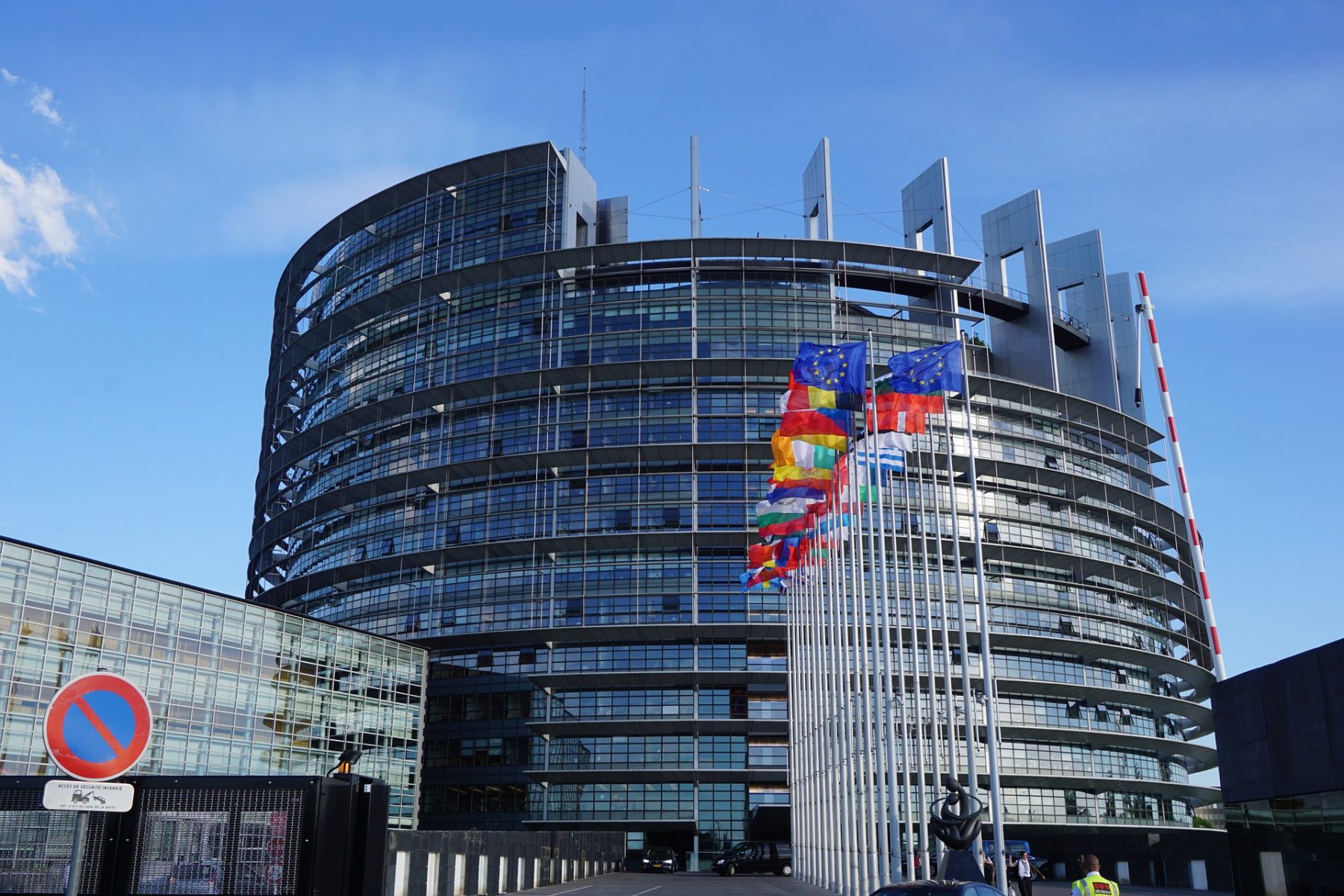Copyright protection and fight against piracy as key issues for the EU´s digital assembly

Download the document
Brussels, 15 June 2011 – Ahead of the EU´s Digital Assembly starting in Brussels tomorrow, commercial broadcasters stress their contribution to growth and competitiveness in Europe.
In this context, Philippe Delusinne, ACT President & CEO RTL Belgium, said: “We fully agree with the aim of the Digital Agenda to make “Every European Digital”. Commercial broadcasters are key players in this process and take financial risk to offer new and innovative services to viewers across Europe on whatever platform and when they want. Recent studies assessed European television as being a €91.7 billion sector and up to 50% of our revenues are reinvested in content. By the end of 2011, twenty European countries will have switched off analogue television“.
This shows our strong commitment to new technologies and our important role in the creation of professional content”.
As recently pointed out by the European Commission, creative industries are “among the most dynamic sectors in the EU”. Employment is increasing in this sector and copyrightbased creative industries – including music and film – contribute 3.3% to the EU GDP. The audiovisual industry employs over 1 million people.
The explosion of new channels, programmes and services and their distribution on all kinds of platforms – whether via the TV set, the laptop, the tablet device or mobile phone – shows how well commercial TV has responded to technological change and used the existing copyright framework to develop new online services. Cross-border distribution of audiovisual content is already a reality in several markets and provided where there is viewer demand and an economic feasibility for it.
Adam Crozier, CEO ITV, stressed: “Our creative industries can be an engine for growth but we need to be able to compete in today’s global media environment. Investment in original content will remain essential – that is why we continue to invest over £700 million per year in first-run programming on ITV1 alone. It will also become increasingly important to exploit this content across a wide range of different platforms and devices. Any weakening of the copyright regime threatens to undermine our ability to reinvest profits in economic growth and job creation – and to support innovation and cultural diversity”.
At the same time it is important to ensure a strong copyright protection on all platforms. The fight against illegal downloading of content plays a central role in this respect given that losses caused by counterfeiting and piracy could reduce the EU GDP by €8 billion annually as indicated in recent studies.
Fedele Confalonieri, Chairman Mediaset, said: “Piracy on the net, tolerated for many years as it was a fantastic driver of Internet subscriptions, is endangering the business model of the content industry worldwide. This is not a mere transfer of resources from one sector to another: it is a major erosion of the net revenues destined to the financing of original productions. In 2010, Italian broadcasters contributed with €2.3 billion to the production of film, TV drama and in-house programming“.
The protection of broadcasters rights (signal) at the international level is also a key concern for the industry. Existing treaties at international level within the World Intellectual Property Organisation (WIPO) and the Council of Europe must be updated and ACT members fully support any progress in this respect.

